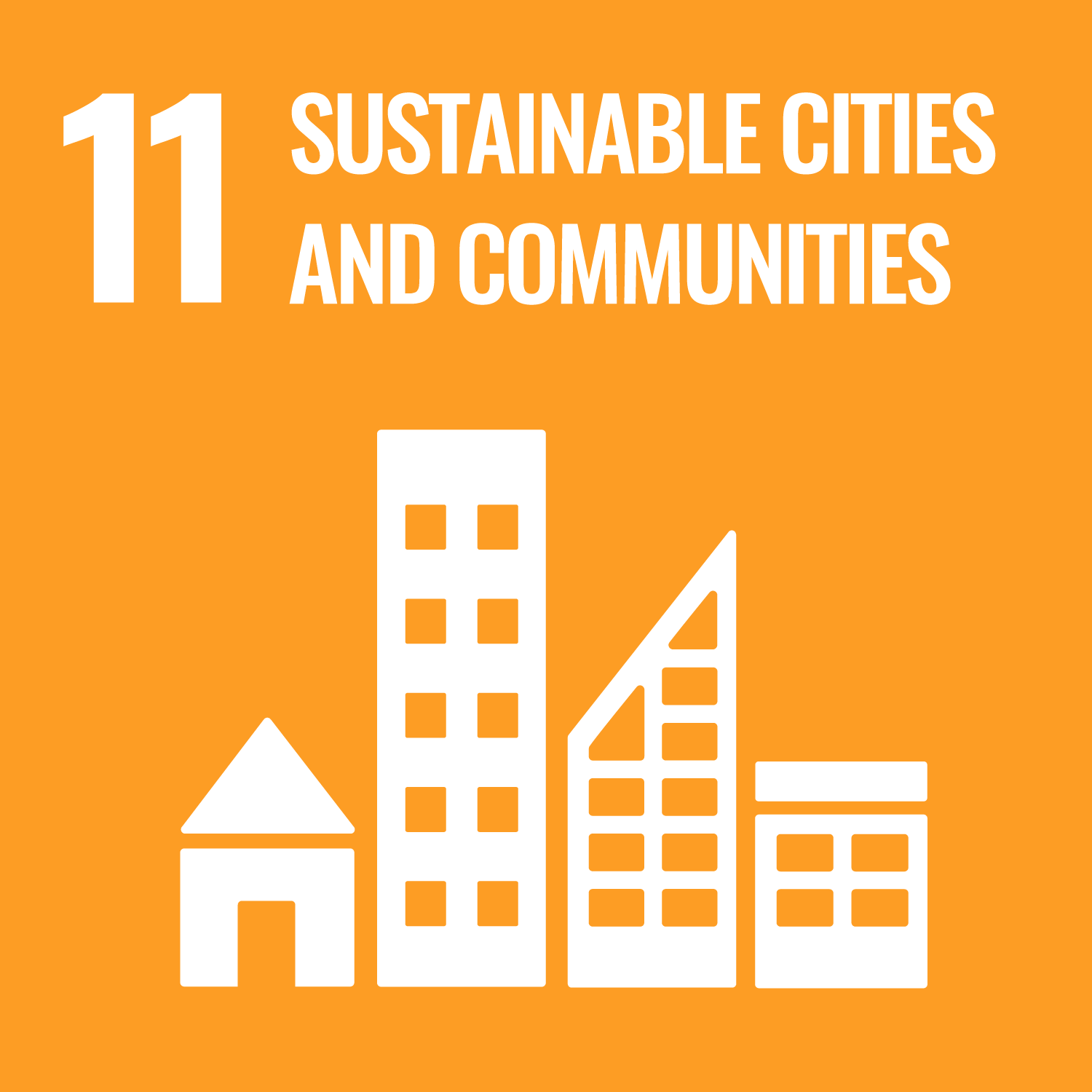ORCID
- Iain S. Stewart: 0000-0002-9746-8667
Abstract
The ancient destructive capability of earthquake faults is well chronicled by historians and their cultural impact widely uncovered by archaeologists. Archaeological and geological investigations at some of the most renowned sites in the ancient Greece world, however, suggest a more nuanced and intimate relationship between seismic faults and past human settlements. In the Aegean's karstic landscape earthquake fault scarps act as limestone ramparts on which fortifications, citadels and acropoli were constructed, and underlying fault lines were preferred pathways for groundwater movement and egress. The vital purifactory or therapeutic role of natural springs in the ritual practices of early settlements implies that the fault lines from which they leaked may have helped position the nascent hubs of Greek cities. Equally, the tendency for earthquakes to disrupt groundwater patterns and occasionally shut down persistent springs provides a hitherto unrecognized mechanism for the abrupt demise of those same settlements. Votive niches, carvings, reliefs and inscriptions on fault surfaces suggest important sacred sanctuaries, particularly those with oracular functions, may have been deliberately built astride active fault traces and venerated as direct connections to the chthonic realm (‘the underworld’). Regionally, the Aegean's distributed network of tensional faulting, circulating geothermal waters and deep-seated de-gassing sets the tectonic framework for the springs and gases that infuse the ancient Greek netherworld of caves, chasms, chambers, and sacred grottos. The possibility that seismic faults may have constituted the fulcrum of prominent sacred places means that, for all their obvious destructiveness, earthquakes may have had an unacknowledged cultural significance in Greek antiquity.
DOI Link
Publication Date
2017-01-01
Publication Title
Proceedings of the Geologists' Association
ISSN
0016-7878
Acceptance Date
2017-07-28
Recommended Citation
Stewart, I. (2017) 'Seismic faults and sacred sanctuaries in Aegean antiquity', Proceedings of the Geologists' Association, . Available at: 10.1016/j.pgeola.2017.07.009


